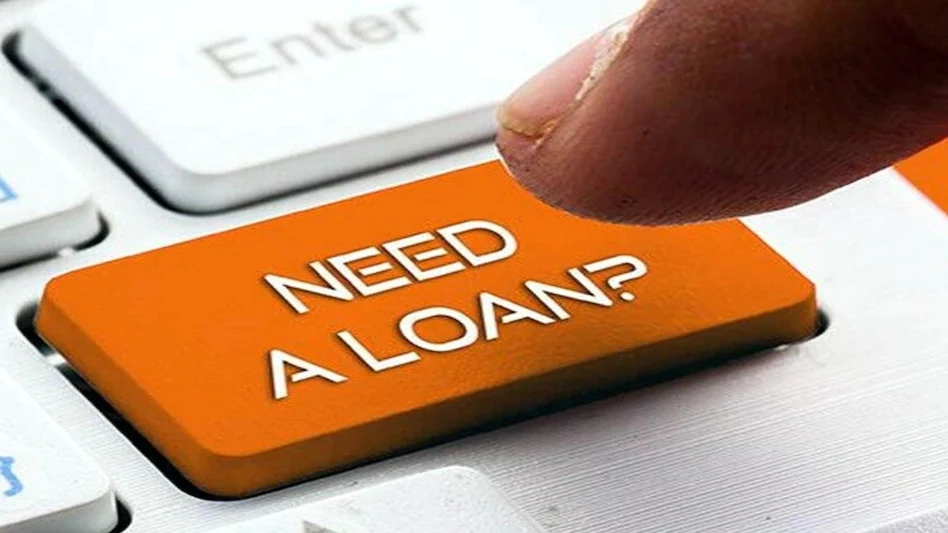Managing multiple debts can be overwhelming and stressful. Debt consolidation offers a practical solution by combining multiple debts into a single loan, streamlining your finances and making repayment more manageable. Let’s delve into the basics of debt consolidation and how it can help you take control of your financial situation:
- What is Debt Consolidation?: Debt consolidation involves taking out a new loan to pay off existing debts, such as credit card balances, personal loans, or medical bills. Instead of juggling multiple payments with varying interest rates and due dates, you make a single monthly payment towards the consolidation loan.
- How Does it Work?: To consolidate your debts, you apply for a consolidation loan from a bank, credit union, or online lender. If approved, you use the loan funds to pay off your existing debts in full. Then, you repay the consolidation loan over time, typically with a fixed interest rate and predictable monthly payments.
- Benefits of Debt Consolidation:
- Simplified Finances: Consolidating multiple debts into one loan simplifies your financial management. Instead of tracking multiple payments and due dates, you only have to focus on one monthly payment.
- Lower Interest Rates: If you qualify for a consolidation loan with a lower interest rate than your existing debts, you can save money on interest payments over time.
- Fixed Repayment Terms: Consolidation loans often come with fixed repayment terms, providing clarity and predictability. You’ll know exactly how much you need to pay each month and when you’ll be debt-free.
- Potential Credit Score Improvement: Successfully managing a consolidation loan and making timely payments can positively impact your credit score over time.
- Types of Consolidation Loans:
- Personal Loans: Unsecured personal loans are a common option for debt consolidation. They don’t require collateral and offer fixed interest rates and repayment terms.
- Home Equity Loans or Lines of Credit: If you’re a homeowner, you may qualify for a home equity loan or line of credit, using your home as collateral. These loans often have lower interest rates but carry the risk of foreclosure if you default.
- Balance Transfer Credit Cards: Some credit cards offer introductory periods with low or 0% APR on balance transfers. Transferring high-interest credit card balances to a card with a promotional rate can save you money on interest, but be mindful of balance transfer fees and the regular APR after the introductory period ends.
- Considerations Before Consolidating Debt:
- Interest Rates and Fees: Compare the interest rates, fees, and terms of consolidation loans to ensure you’re getting a better deal than your current debts.
- Budgeting and Financial Discipline: Consolidating debt won’t address the underlying issues that led to debt accumulation. It’s essential to create a budget, curb spending habits, and commit to responsible financial behavior to avoid future debt problems.
- Impact on Credit Score: While debt consolidation can have long-term benefits for your credit score, applying for new credit can temporarily lower your score. Be mindful of this potential impact and avoid applying for additional credit during the consolidation process.
Debt consolidation can be an effective strategy for simplifying your finances, reducing interest costs, and accelerating your journey towards financial freedom. However, it’s essential to weigh the pros and cons, understand the terms of the consolidation loan, and commit to responsible financial habits to achieve lasting success.
